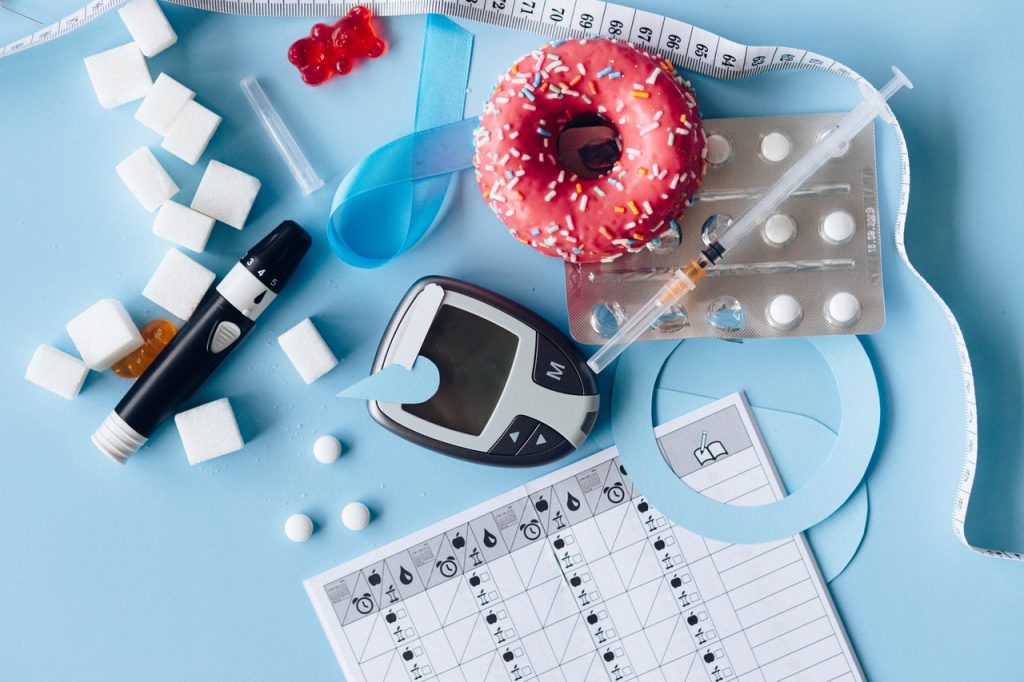
A study published in the JAMA Oncology looking at the correlation between daily insulin dose and cancer incidence among patients with type 1 diabetes has found that higher insulin dose is positively associated with cancer incidence and that the association is stronger among those with insulin resistance.
“In patients with type 1 diabetes, our results show that traditional metabolic factors such as obesity (represented by body mass index), sugar control (by Haemoglobin A1c), and blood pressure control do not associate with cancer incidence,” study leader Dr Yuanjie Mao Mao said. “However, cancer incidence was higher for those who took larger dose of insulin. Our results implied that clinicians might need to balance the potential cancer risk when treating patients with type 1 diabetes on a high daily insulin dose or that improving insulin sensitivity may be preferred than simply increasing the insulin dose.”
To conduct the study, Dr Mao collaborated with Wenjun Zhong, PhD, an epidemiologist of Merck Research Labs, to analyse the associations of more than 50 common risk factors in 1303 patients with type 1 diabetes whose data were collected over 28 years. A variety of databases were drawn upon and analysed, including he Diabetes Control and Complications Trial (DCCT.) which was was a controlled clinical trial originating with 1441 patients with type 1 diabetes who were randomised into conventional diabetes therapy or intensive therapy to assess whether reducing hyperglycaemia would decrease the risk of complications of type 1 diabetes.
Mao also found that age and sex are associated with cancer incidence when evaluated separately and that a daily insulin dose posed a higher risk of cancer than age, especially a higher insulin dose. According to the paper, when the daily insulin dose is classified into three groups, low: less than 0.5; medium: greater than or equal to 0.5 or lower than 0.8; and high: greater than or equal to 0.8 units/kg per day, the hazard ratios were significantly higher in the high dose versus the low dose group. Cancer incidence was 2.11, 2.87, and 2.91 per 1000 persons in the low, medium, and high insulin dose groups, respectively.
He went on to explain that specifically, women carry a higher risk than men; however, it was unclear what risk factors may contribute to the higher cancer incidence in type 1 diabetes.
“We know that people with type 1 diabetes have a higher incidence of cancer compared to people without diabetes,” Liz Beverly, Ph.D. co-director of the diabetes institute and professor in the Heritage College, said. “Dr. Mao’s research identifies a potential mechanism to explain this association. His findings will lead to continued research in this area and potential policy changes in cancer screening and insulin dosing recommendations.”
Although previous studies have concluded that patients with diabetes have a higher risk of cancer in general, this is the first study to explore the associated cancer incidence factors in type 1 diabetes.
“Type 1 diabetes accounts for an estimated five to 10 percent of all diabetes cases, and recent studies in type 1 diabetes also found a higher incidence of certain cancers such as stomach, liver, pancreas, endometrium and kidney cancers in the population compared with the general population,” Mao explained. “Whereas, in type 2 diabetes, increased risk is attributed to metabolic factors such as obesity, chronic inflammation status, and insulin resistance.”
Although the results of the study suggest that the higher the dose of insulin, the higher the cancer incidence, Dr Mao says further investigation is still necessary.
Source: Ohio State University

